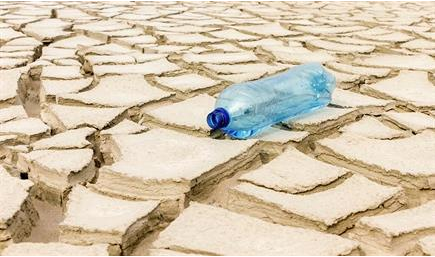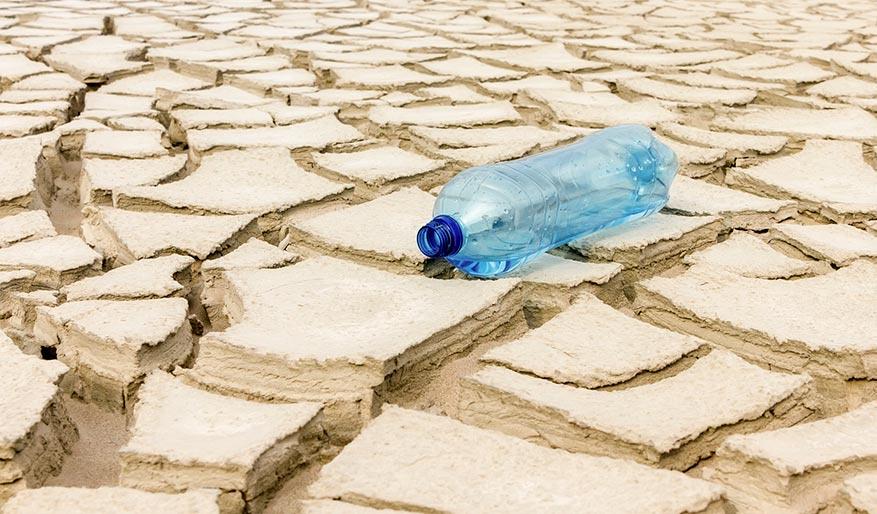Water is one of the most essential sustainers of life. The average adult human body is around 57-60% water, and while you can survive without food for about 3 weeks, your body cannot go beyond a week without water. No wonder both healthcare professionals and almost everyone you know urges you to frequently hydrate your body. But not all advice in good faith may be actually good for you.
Here are a few myths and facts about dehydration that can help you understand how to hydrate the right way:
Myths
- You need to drink 8 glasses of water everydayThe amount of water every human body requires is based on many factors. These include your weight, your age, how active you are and the climate you live in. People who live in warm climates, or who sweat and exercise vigorously need more water than those who don’t. The commonly recommended eight glasses should be taken as a basic guideline. You should drink water (and other fluids), being conscious of how much you’re sweating, exercising and most importantly, how thirsty you are.
- If you’re thirsty, you’re already dehydratedNot necessarily true. The human body has evolved to use thirst and hunger as an indicator to make us seek water and food on regularly. It’s our daily biological alarm clock that reminds us to refuel as and when required. However, feeling a little thirsty doesn’t necessarily mean your body is dehydrated, but it makes good sense to drink water and other fluids regularly.
- Water is the best and only way to hydrateAlong with water, other fluids like sports drinks, juices and tea also contribute to your daily water intake. In fact, you can get up to 20% of your water requirements from food itself. Cucumber and green, leafy vegetables such as iceberg lettuce, as well as fruits like oranges, bananas, strawberries and watermelon are great hydration choices.
- Drinking more water will moisturize your skinDry skin is an important sign of dehydration and is a sign that you need to drink water. But once, you are well hydrated, over-consuming water will not improve your complexion or make it look more moisturized. Instead, concentrate on having good-fat sources like fish, nuts and healthy oils to retain moisture.
Facts
- Drinking water helps weight-lossYes, but water isn’t your miracle weight-loss potion. Drinking water improves metabolism by helping cells burn more calories. Water-rich foods like fruits, vegetables, soup and yoghurt also are good for satiety and help fill you up, the right way. Moreover, one common advice is to drink water before a meal to deter you from overeating.
- Coffee and tea can also help hydrate youThe caffeine in coffee and tea is a diuretic that makes you lose more water content through urination. However, you regain that water effortlessly when you consume the beverage. Therefore, while plain water and non-caffeine fluids give you more water, the net effect of coffee and tea is positively hydrating.
- Drinking water flushes toxins from your bodyTrue. Without the proper amount of water required, your kidneys cannot remove your body’s waste entirely, meaning toxins can remain in your system. Drinking adequate water helps flush these toxins out as urine.
- Too much water is not good eitherIt may seem unlikely, but over-hydration is definitely a reality. Consuming too much water can cut down your sodium and potassium levels drastically. This often happens with novice athletes who drink way more than necessary where over-hydration can lead to confusion and even convulsions for runners and athletes.
Simply put, water is definitely the elixir of life. But you need to know how much and in what way you consume, water, fluids and other water-rich foods to keep your hydration levels healthy.

